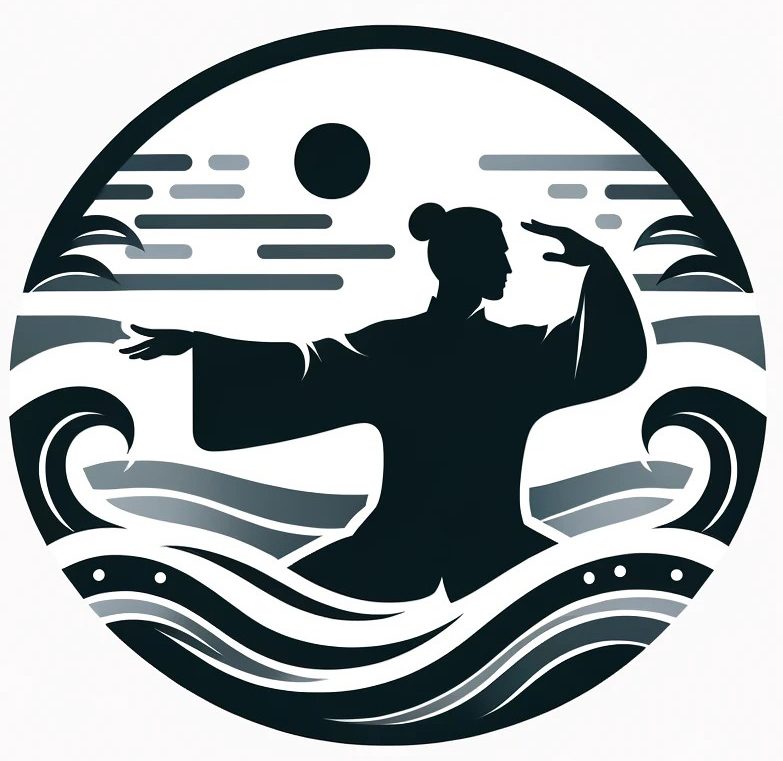Tai Chi and Psychological Trauma: 8 Steps to Healing
Tai Chi offers a unique and holistic approach to healing psychological trauma. Its emphasis on mindful movement, deep breathing, and body awareness makes it an ideal practice for trauma survivors looking to reconnect with their bodies and calm their minds. By practicing these eight Tai Chi steps regularly, trauma survivors can begin to release stored tension, reduce anxiety, and regain a sense of control over their lives. The gentle, flowing nature of Tai Chi makes it accessible to individuals of all fitness levels, and its focus on mindfulness helps create a safe space for healing. While Tai Chi may not be a standalone cure for psychological trauma, it offers a valuable complement to other therapeutic approaches, such as counseling or meditation. Ultimately, Tai Chi provides trauma survivors with a way to move through their pain, reclaim their strength, and find peace within themselves.
